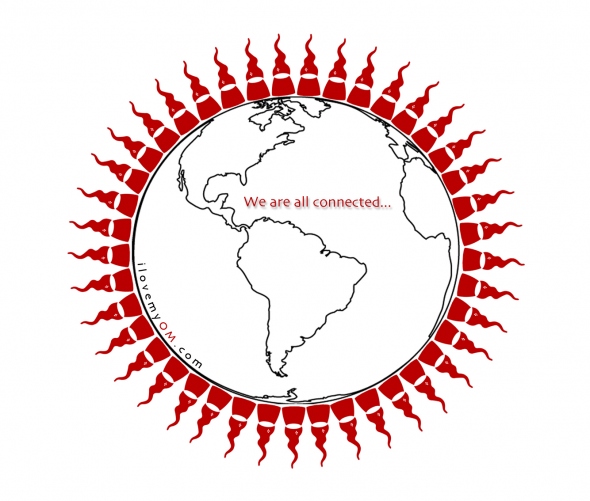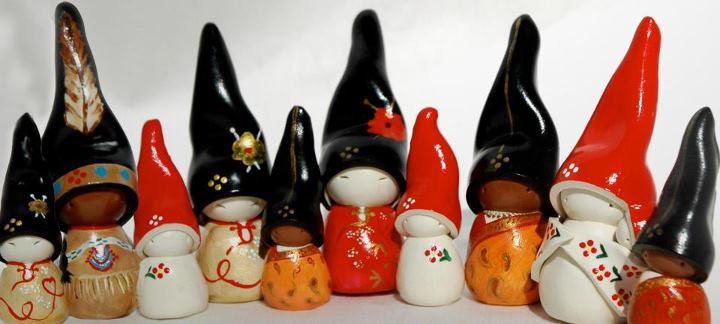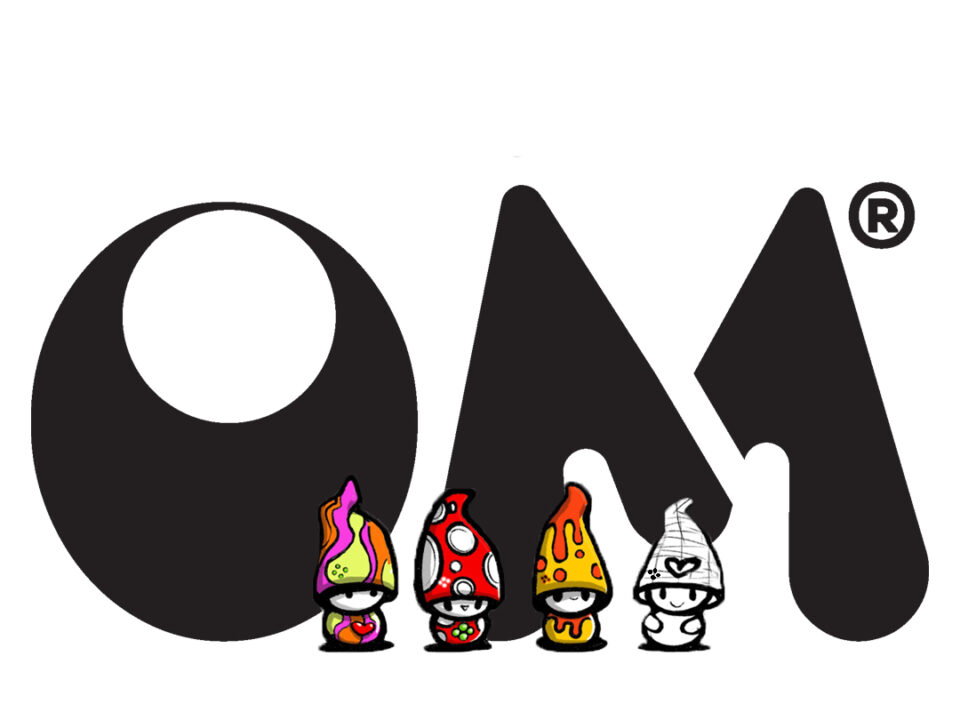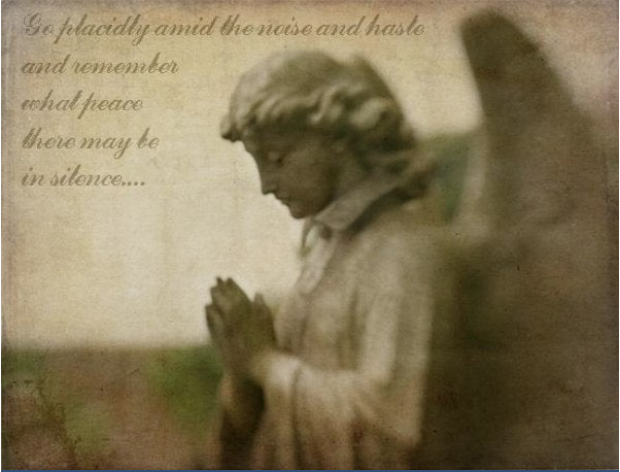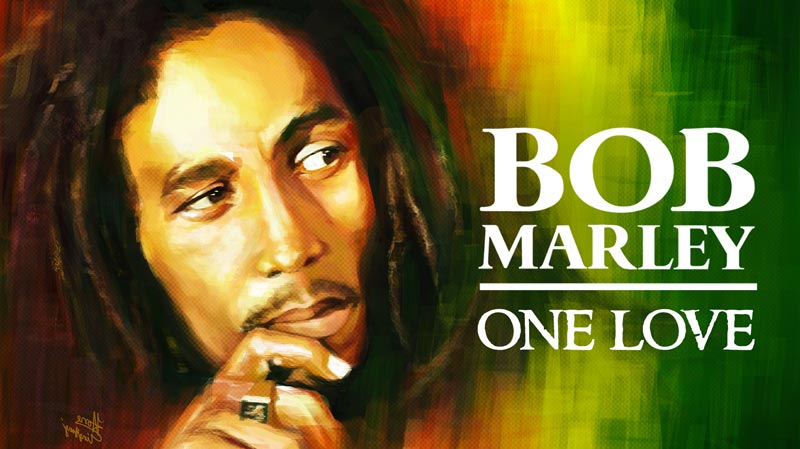Courageous Cao is an example to us all . . . .
November 15, 2012Drawing strength from our bonds to each other . . .
November 22, 2012In Germany, it’s known as Erntedankfest . . .
The Koreans call it Chuseok. Kinro Kansha no Hi is its name in Japan. The names might be different, but sentiments are shared. Thanksgiving, it’s important to note, is not a tradition that is exclusive to the United States.
Little in life connects us, as Americans, quite like the holidays, a time for families and communities to unite, to celebrate and to give thanks. But that doesn’t mean that we should be insular in our outlook. The dates might differ a little, for sure, but all over the Earth, at around this time, people are getting together to express their gratitude for one thing or another.
In the Netherlands, for instance, a Thanksgiving service is about to be held in the Pieterskerk – a great gothic church in Southern Holland – to mark the fact that, prior to setting sail for the New World, many of the Pilgrims later to land at the Plymouth Plantation had lived fruitful lives in Leiden.
In Liberia, a land colonized by freed slaves from the United States, Thanksgiving can trace its roots to something much different. On Grenada, the holidays mark the role the United States played in overthrowing a Government set on a troubling course. In Japan, it is about commemorating labor and production and giving thanks for one another.
Here at OM HQ, where our outlook is global, it gladdens us to hear that, on Norfolk Island, the traditions that sailors from United States whaling ships introduced several decades ago are still being observed and that, in Canada, where Martin Frobisher’s first Thanksgiving feast dates back to the Sixteenth Century, people in Newfoundland take such pride in their customs.
It makes us realize that, in gathering to toast brotherhood, kinship and shared humanity, people the Earth over cherish the same things. It leads us to conclude that, deep down, despite all our differences, we are all connected.
Here in Saunderstown, Rhode Island, where Thanksgiving has always been our favorite holiday, we’re preparing to give thanks, to think about our forefathers and to commemorate all that is great about life in the United States. We’ll be thinking about equality, life and liberty, and the pursuit of happiness, and we’ll celebrate harmony, tranquility, peace and union. We’ll answer President Lincoln’s call for us all to mark this special time with one heart and one voice. But throughout it all, we’ll have one eye on the bigger picture and an appreciation for the wider world.
Our own traditions are important – there can be no question about this – and it’s crucial for us all to respect one another’s customs. Do this – recognize that, although the dates differ, the names don’t match and the food on offer is unusual, we all have so much in common – and our world can be a more connected place this Fall.
That, more than anything else, would be something for us all to give thanks for . . .

